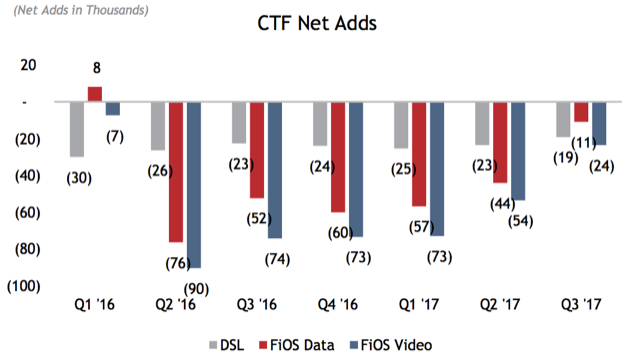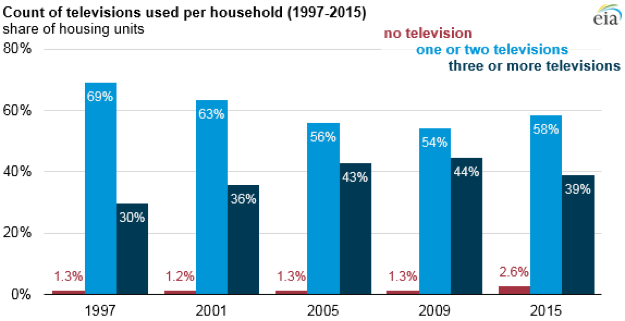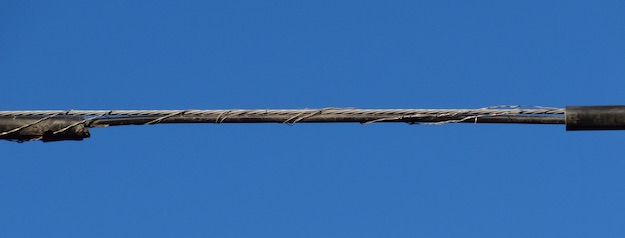FCC misses night and day difference between lit and dark fiber
![By www.elbpresse.de (Own work) [CC BY-SA 4.0 (https://creativecommons.org/licenses/by-sa/4.0)], via Wikimedia Commons](https://www.tellusventure.com/images/2017/10/lit_fiber.jpg)
The Federal Communications Commission’s decision to allow CenturyLink to buy Level 3 Communications might have broken with merger review practices, but it is solidly in line with its past nonsense regarding wholesale broadband services. Earlier this year, the FCC justified backing away from common carrier regulation of business-to-business service with the circular argument that if ISPs – Comcast and Charter Communications, in particular – don’t follow common carrier rules, then common carrier rules don’t apply.… More


![By DanTD (Own work) [CC BY-SA 3.0 (https://creativecommons.org/licenses/by-sa/3.0) or GFDL (https://www.gnu.org/copyleft/fdl.html)], via Wikimedia Commons](https://www.tellusventure.com/images/2017/10/historic_pole.jpg)

![By Loozrboy from Toronto, Canada (Big Foot) [CC BY-SA 2.0 (https://creativecommons.org/licenses/by-sa/2.0)], via Wikimedia Commons](https://www.tellusventure.com/images/2017/4/big_foot_625.jpg)



![By Charles O'Rear, 1941-, Photographer (NARA record: 3403717) (U.S. National Archives and Records Administration) [Public domain], via Wikimedia Commons](https://www.tellusventure.com/images/2016/5/copper_fog.jpg)
![By Grand Parc - Bordeaux, France from France This image was downloaded from Flickr by Medium69. Cette image a été téléchargée depuis Flickr par Medium69. (Pinnochio) [CC BY 2.0 (https://creativecommons.org/licenses/by/2.0)], via Wikimedia Commons](https://www.tellusventure.com/images/2015/3/pinocchio.jpg)